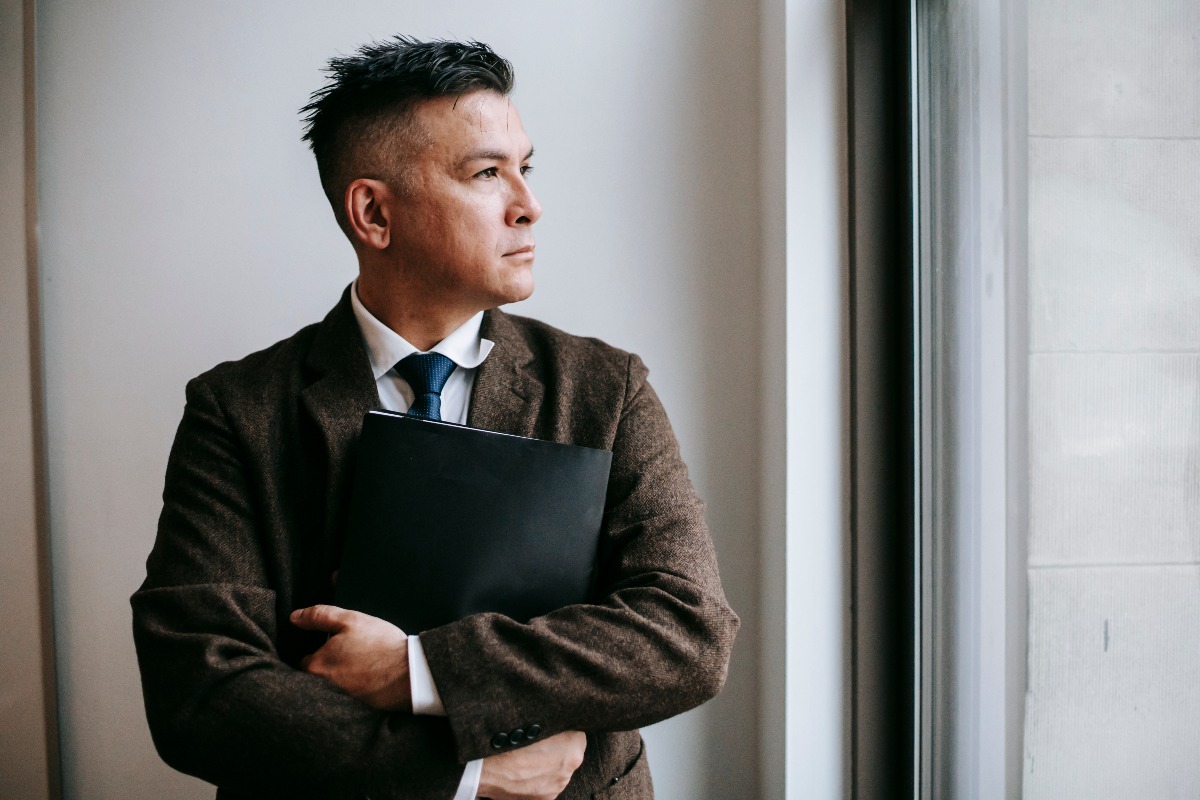
When a person experiences obsessions and compulsions, they can receive a diagnosis of obsessive-compulsive disorder (OCD). What happens when a person doesn’t display any compulsions, though? Previously, people called this “pure O.” We now know that pure O is a bit of a misnomer. Almost every person with purely obsessional OCD engages in mental compulsions.
Common Compulsions in Purely Obsessional OCD
Due to the invisible nature, many people with this subtype of OCD don’t realize their thought-based rituals are noteworthy. However, a mental health professional needs to understand the obsessions and compulsions to properly treat any kind of OCD. To gain a better understanding, let’s look at the most frequent compulsions in purely obsessional OCD.
Mental Rituals
Most similar to typical OCD, mental rituals involve performing actions repeatedly. A person may count in their head, focusing on certain intervals or numbers. Similarly, people can repeat words or phrases in their minds to prevent their obsession from coming true. For someone with religious scrupulosity, saying prayers on a loop may calm the distress caused by their obsessions. Compulsions in purely obsessional OCD can also involve hyper fixation on one’s actions.
Mental Review
A person may find themselves repetitively reviewing things as a form of compulsion. Most often, a person with purely obsessional OCD will review the events before and during the obsession. They often use this to help ensure their obsession didn’t already occur. Additionally, a person might review facts that contradict their obsession. With violent thought obsessions, the facts may include characteristics of themselves that don’t align with violence. Lastly, a person might review their surroundings.
Mental Reassurance
Many people with purely obsessional OCD seek out reassurance. Internally, this may look like continually affirming their positive characteristics. It could also involve silently answering questions about their identity. This helps them reassure themselves that their obsession is out of character.
Treatment for Purely Obsessional OCD
Due to the internal nature of purely obsessional OCD, it can go undetected and untreated. None of those compulsions can be easily detected from the outside. A person engaging in these rituals may seem distracted and mentally distant. Otherwise, they’re undetectable. As such, people with this type of OCD must be aware and honest about their obsessions and compulsions. Once the mental health provider has a clear picture of the patient’s condition, they can provide psychotherapy. Two of the most effective forms of therapy for OCD are cognitive-behavioral therapy (CBT) and exposure and response prevention (EX/RP). Both of these treatments can help people with OCD get on a healthier path.
Purely obsessional obsessive-compulsive disorder (OCD) is a largely misunderstood condition that involves obsessions and strictly mental compulsions. Due to the internal nature of the compulsions, it’s difficult to identify and diagnose. If you found yourself relating to any of the compulsions in this article, you may want to seek out treatment. The Guest House can provide you with comprehensive care for your purely obsessional OCD. We can also treat concurrent addictions. When you’re ready to begin healing, call The Guest House at (855) 483-7800.